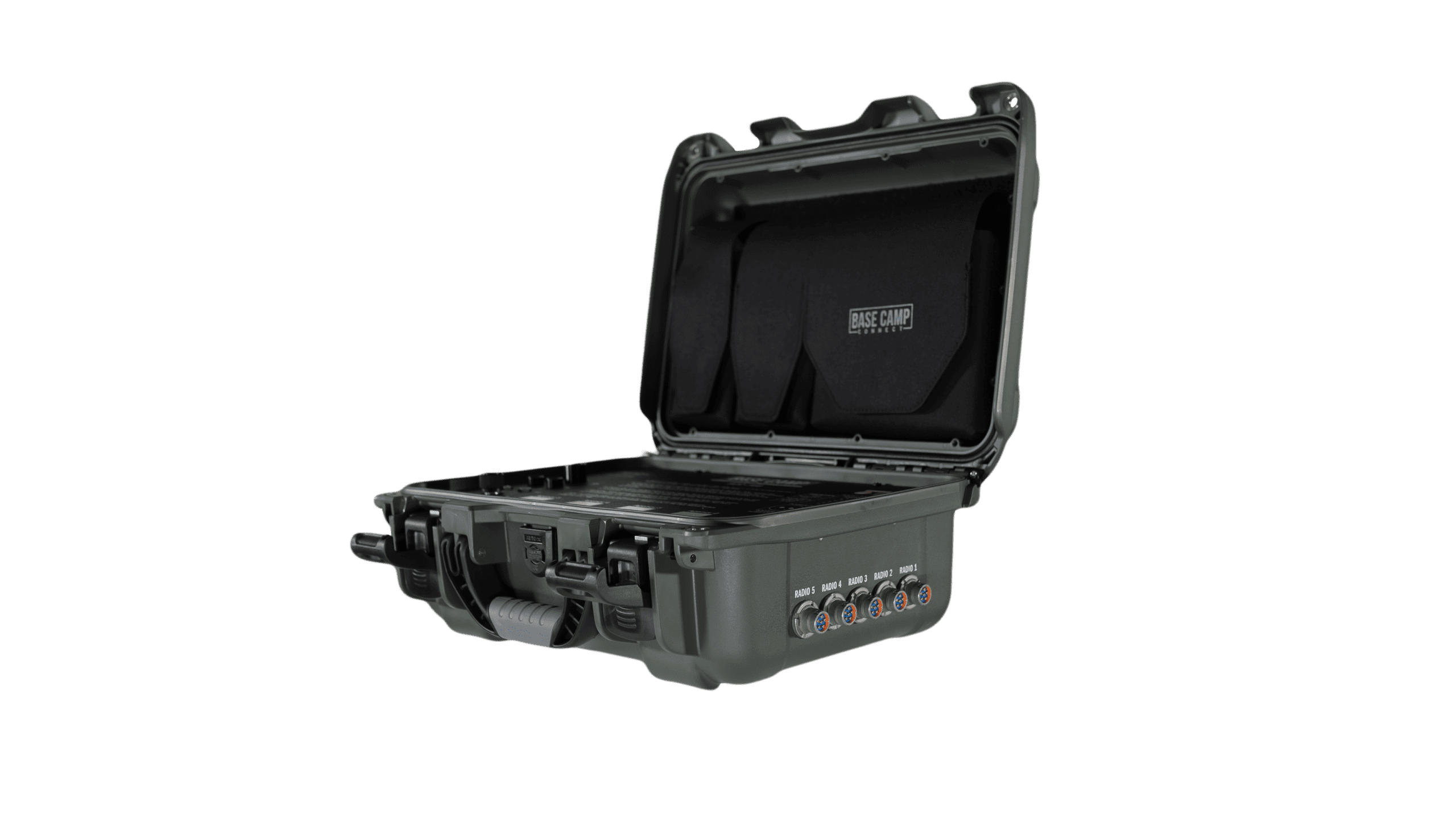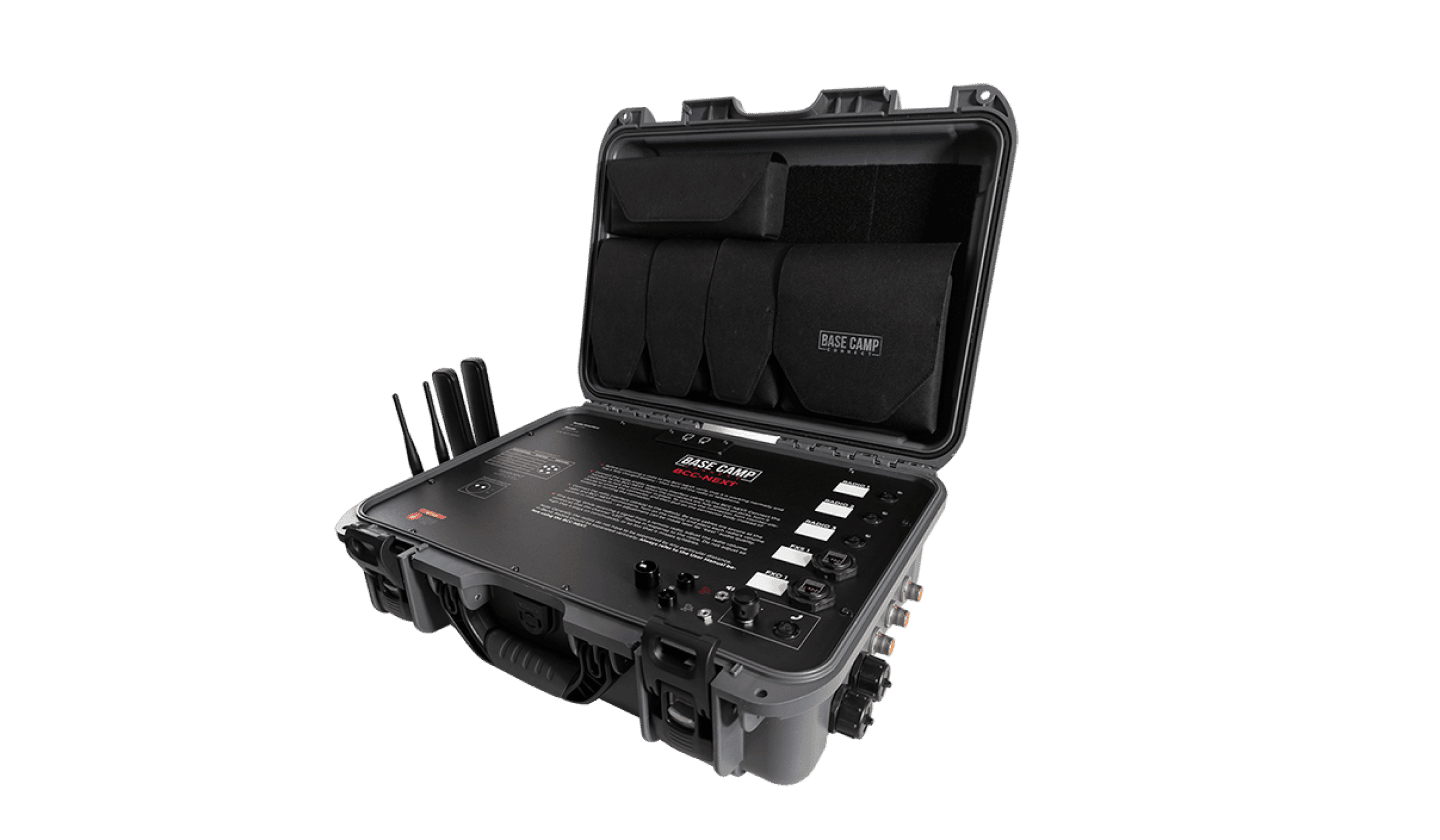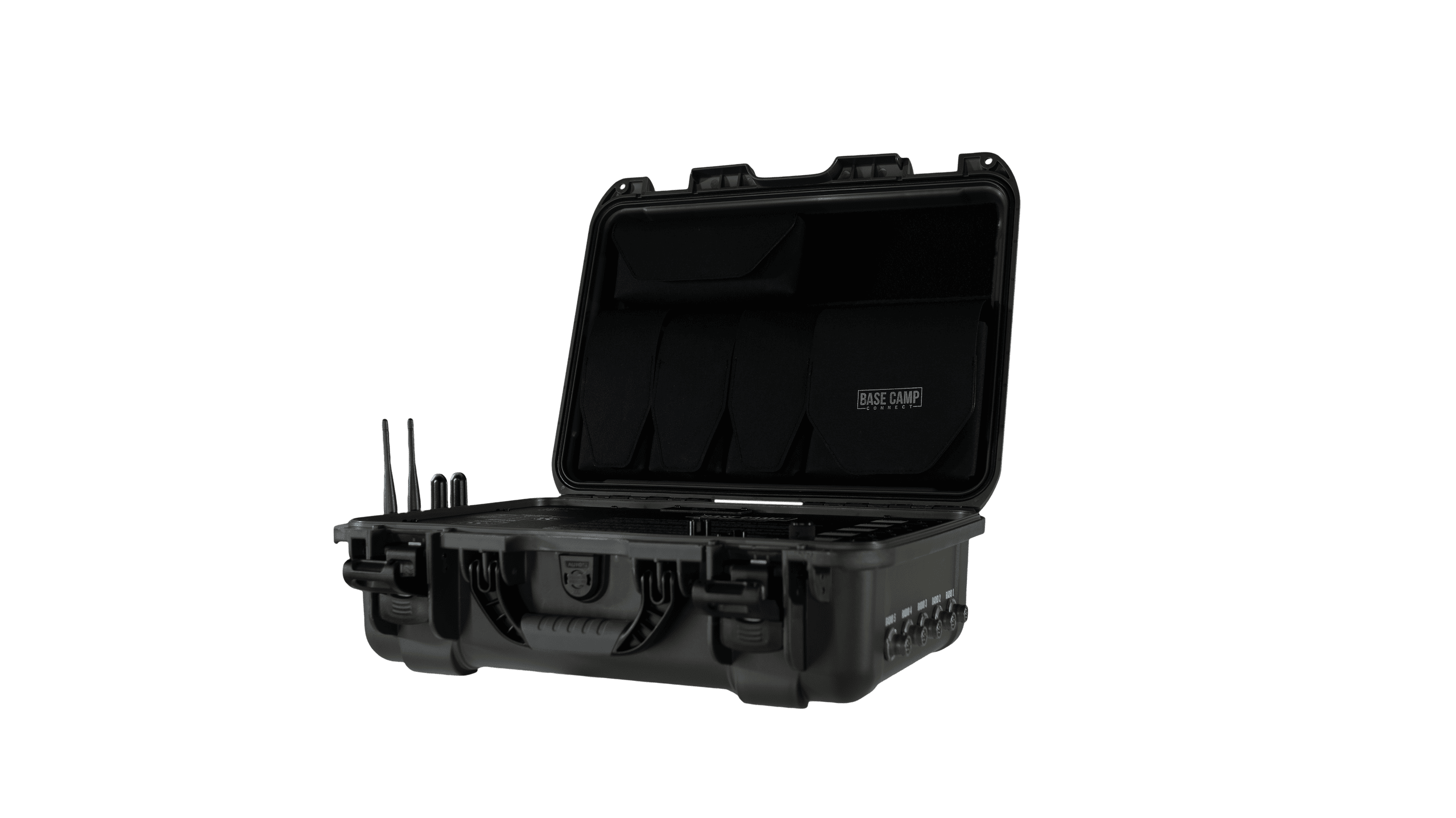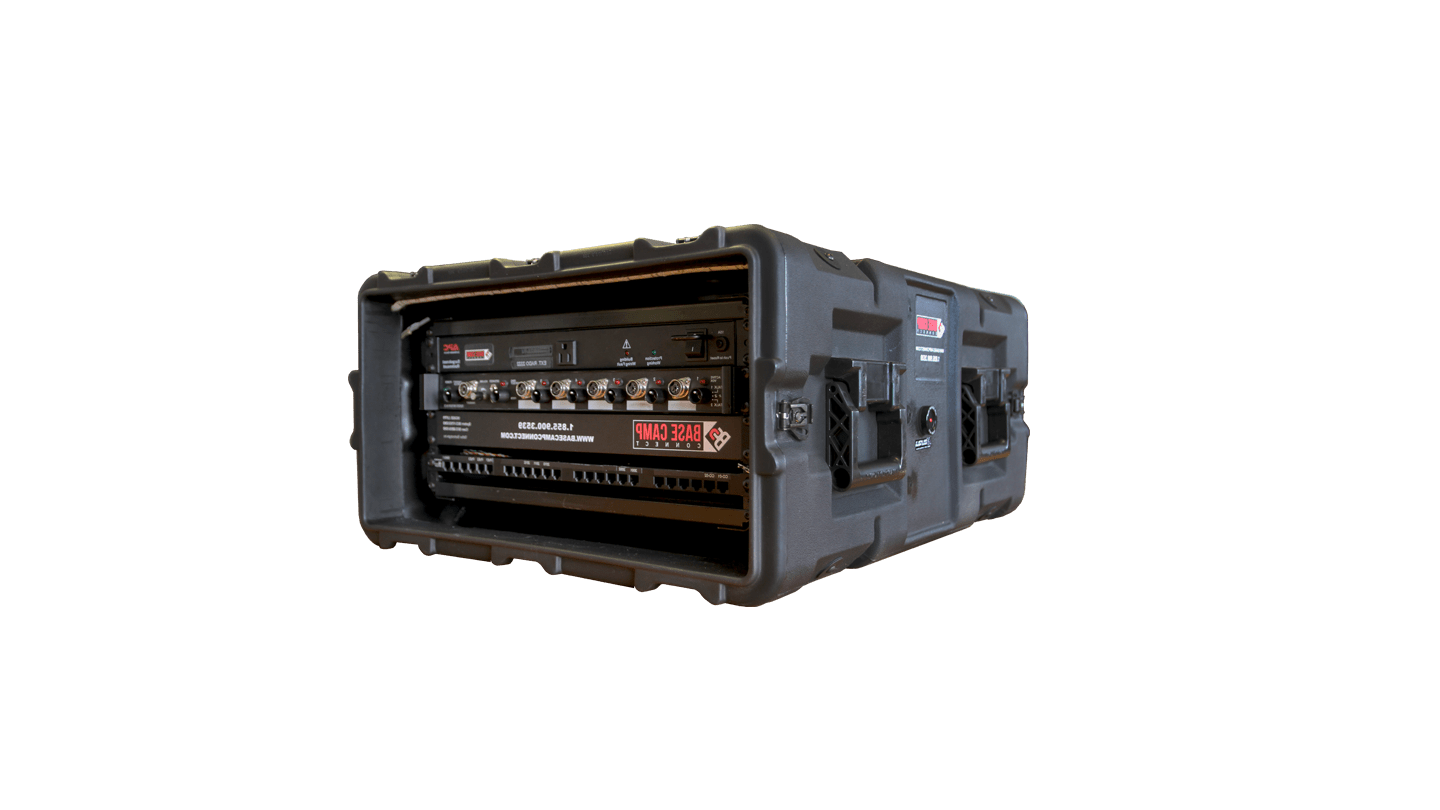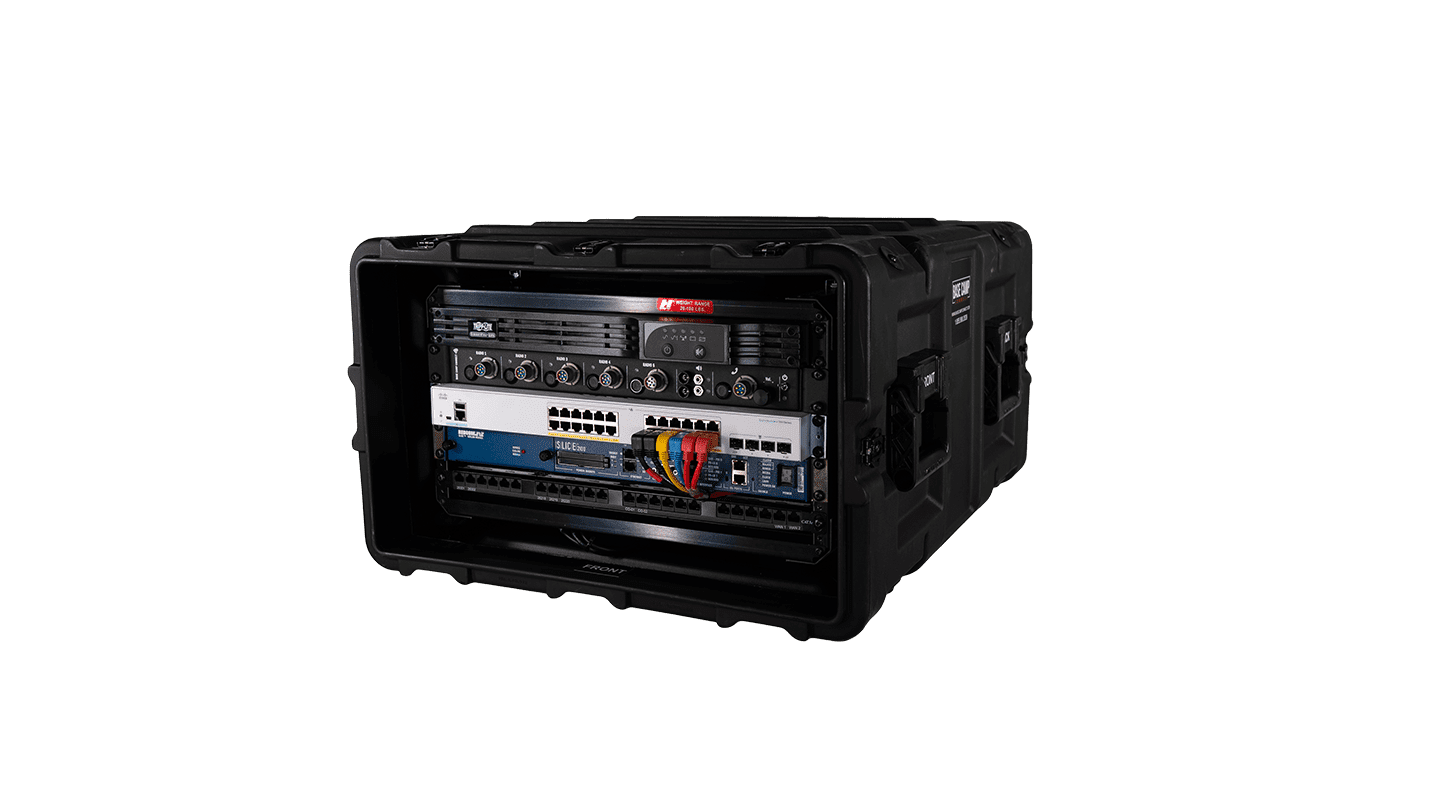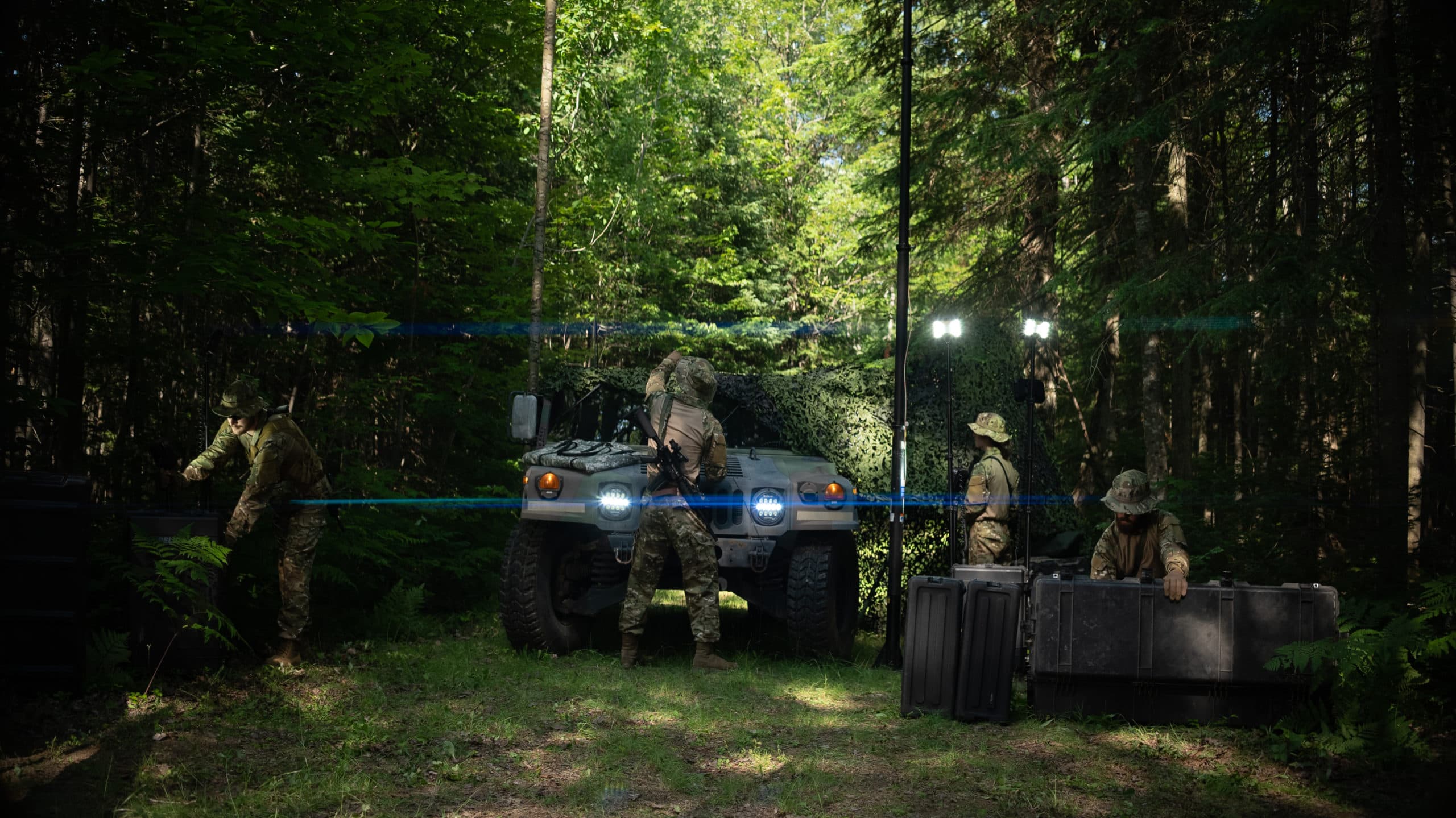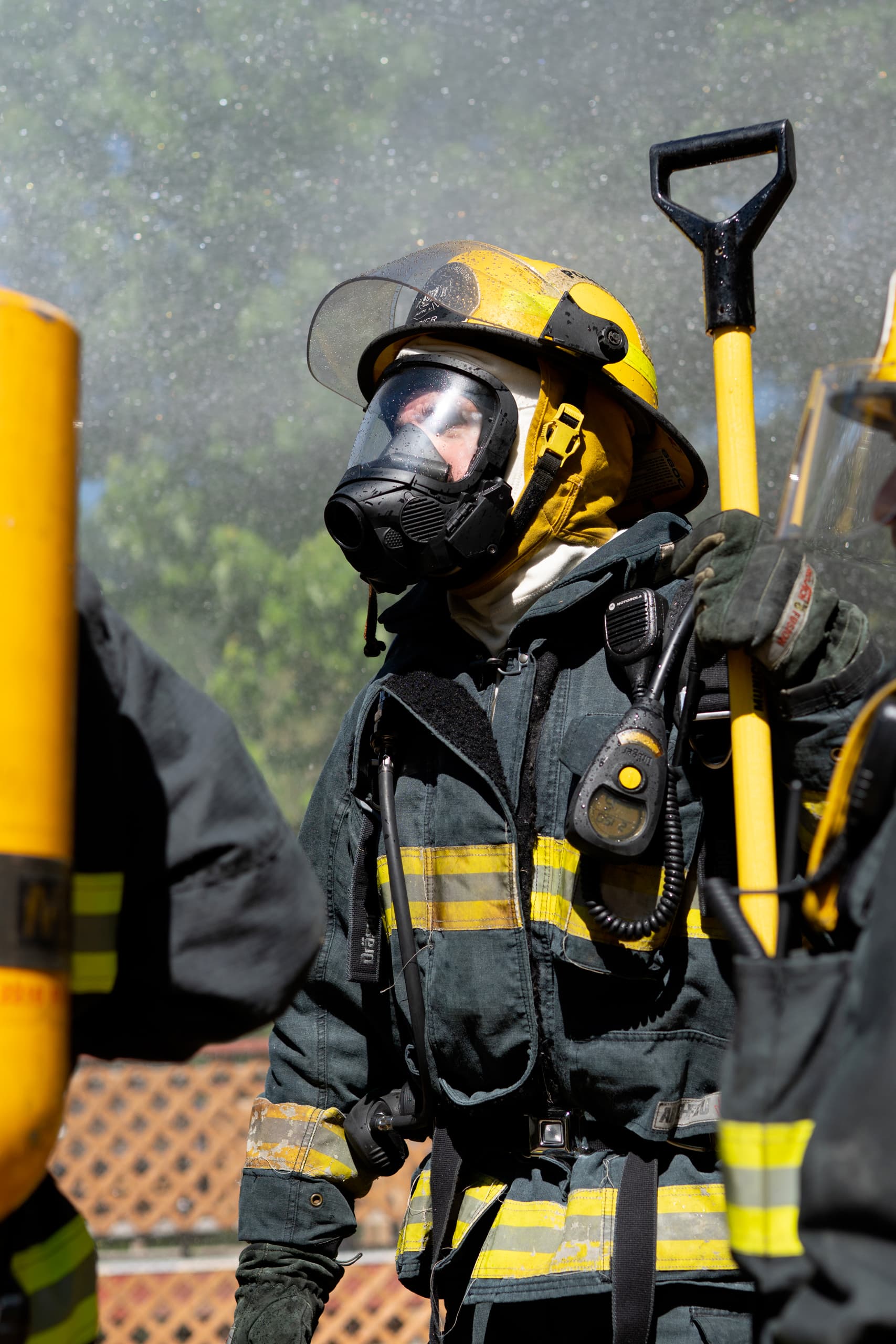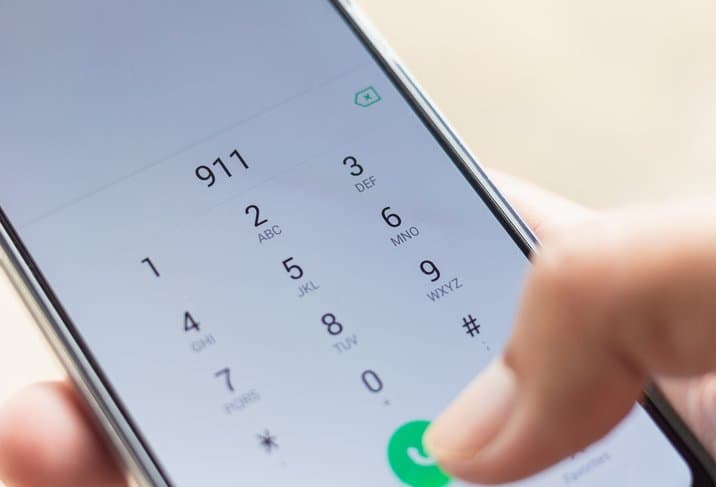The Importance of Reliable Initial Information to Emergency Responders
Getting the right people, with the right skills and the right equipment to the right place at the right time, is the foundation of any effective emergency response system. This simple premise relies (in the first instance) on a reliable communication network and operators who can interrogate the initial call to ensure the resources dispatched are relevant and timely.
For most developed countries, this is a system that is well established, including the UK where I have spent my career as a fire and rescue officer. As well established as it may
be, errors still occur with regularity, principally down to human error in the chain of communication. There have been many occasions where initial calls have led us to an incorrect address, or we have arrived to find an incident which is very different from that described in the initial message. I too have been guilty of mishearing, misreading or misinterpreting information; we are not infallible.
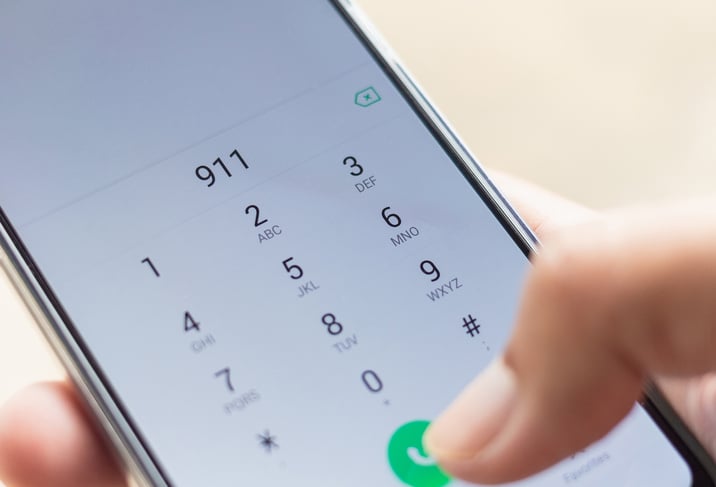
In less developed countries, or those areas with large and remote geographical areas, communication becomes even more important due to limited resources and often extended travel times. It is imperative that the initial communication is accurate, and all of the relevant information is gathered, recorded and passed on to those who need it.
The first call will determine the level of initial response and will (for example) dictate the number of vehicles and personnel dispatched. It will highlight the need for any additional assistance from other agencies and in some cases (larger incidents) may summon specialist help from government, humanitarian or military organisations. Additionally, it will ensure that the incident is not overresourced thus leaving communities needlessly exposed. Critically, it ensures that those who do attend first have the resources and therefore ability to establish an immediate safe system of work.
In my area of specialty, road traffic collisions, the initial call information allows me as an incident commander to immediately brief crew members as to their role. I will nominate a medic (or more than one if the initial call provides details of multiple patients) and technical tool operators along with delegating specific roles associated with firefighting and safety critical tasks on scene. If the initial call identifies the specific location, local knowledge may indicate the need for summoning additional help from (for example) the police for traffic control or to close roads, thus ensuring the safety of the crews on scene.
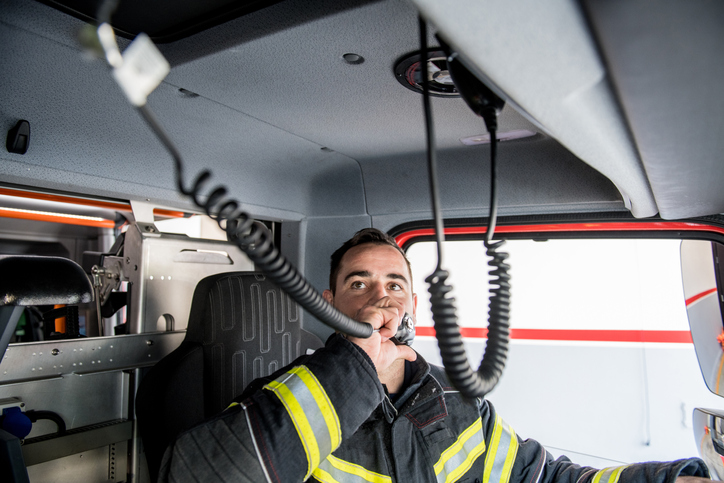
The weak link the first part of the communication is generally the reliability of the caller who may be traumatised, injured or generally confused due to the situation they find themselves in. That is where the incredible skill of call handlers (dispatchers) really come into their own. They do an incredible job, often calming the caller whilst extracting a great deal of detail from them and simultaneously taking notes and passing this onto responders.
The precise location is often the most unreliable element of any initial call which of course often delays the attendance of emergency responders. The use of technology can now assist callers, especially those in remote areas and the emergence of applications like what3words is now actually saving lives. This app has managed to geographically split the entire globe into 3m x 3m squares and attribute a 3 word ‘address’ therefore decreasing the chance of receiving and incorrect location from the initial call.
Conclusion
The initial call to any emergency is critically important as it ensures the correct level of response from all agencies is immediately deployed. It provides emergency responders with vital information that allows them to prepare for arrival on scene and start to formulate a dynamic plan and work safely when they arrive. Even the most advanced systems, however, suffer from the frailty of human error which (in some cases) is being assisted by technology; we are the weak link.
In my next blog, I will look at the importance of reliable information that is sent from the scene once emergency responders have arrived.
